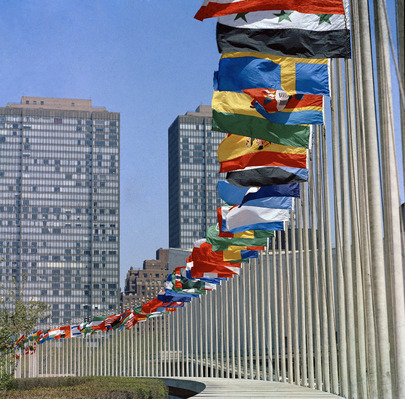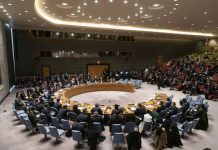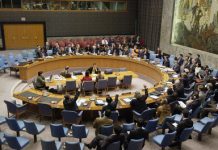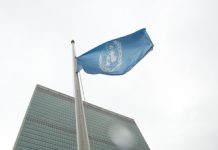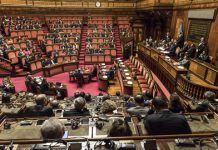Mohamed Refaat, IOM Chief of Mission in Sudan, was speaking to reporters after returning from previously inaccessible Khartoum state, which is now back under the control of the Sudanese Armed Forces (SAF).
War erupted between the SAF and former ally the Rapid Support Forces (RSF) in April 2023, and civilians continue to bear the brunt of the violence.
Recent weeks have seen intense fighting around the capital city, Khartoum, which had mostly been under RSF control.
‘Unimaginable’ destruction
Mr. Refaat said that even he was shocked by the level of destruction in the city.
“Electricity stations have been looted; the water pipes have been destroyed. And I’m not talking about some areas. I’m talking about everywhere I went,” he said.
The veteran aid worker has served in other conflict situations, including Libya and Yemen, “and the level of destruction I have seen in Bahri, Khartoum, is unimaginable,” he remarked.
“There has been targeting of not only people’s houses, but administrative areas, not military areas, but all the basic infrastructure that can maintain lives for people.”
Massive re-investment is needed to help all those returning to the Sudanese capital after nearly two years of war, he said.
Horrors all around
Mr. Refaat described meeting Sarah, an elderly maths teacher, unable to flee the violence. Her days had been “filled with horror”, witnessing the loss of loved ones, seeing homes destroyed and being surrounded by the permanent threat of violence and sexual abuse.
“Sarah’s decision to stay was driven by necessity,” he explained. “As an elderly woman, it would be dangerous and challenging to go by foot, and she has no transportation.”
In the absence of funding, many non-government organizations (NGOs) have stopped working or reduced operations. Mr. Refaat insisted that there are many more people like Sarah who have received no assistance.
Funding crisis widespread
“Funding has dried (up) but not only from Member States, but also from diaspora and charity organizations,” he said.
He stressed that more humanitarian funding is urgently needed for medicine, shelter, drinking water, education, and healthcare.
IOM is seeking $250 million to assist some 1.7 million people in Sudan this year but less than 10 per cent of funding has been received.
Source of original article: United Nations (news.un.org). Photo credit: UN. The content of this article does not necessarily reflect the views or opinion of Global Diaspora News (www.globaldiasporanews.net).
To submit your press release: (https://www.globaldiasporanews.com/pr).
To advertise on Global Diaspora News: (www.globaldiasporanews.com/ads).
Sign up to Global Diaspora News newsletter (https://www.globaldiasporanews.com/newsletter/) to start receiving updates and opportunities directly in your email inbox for free.


